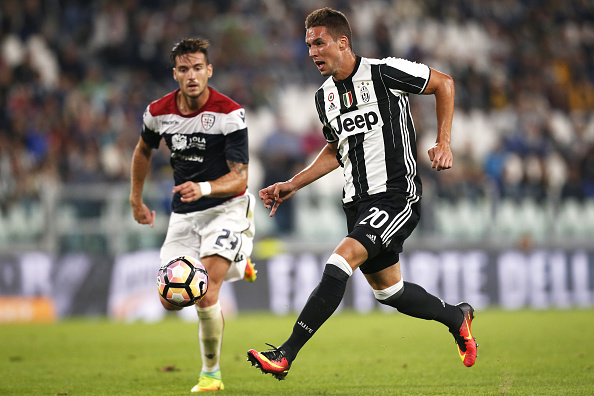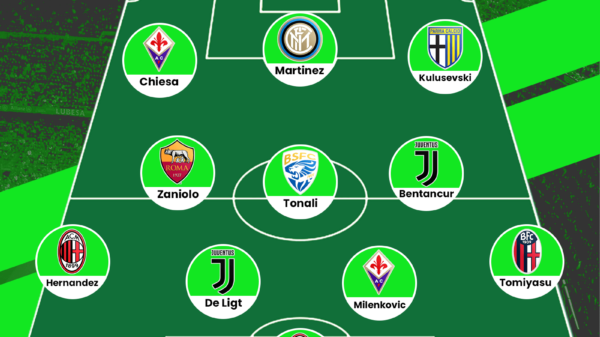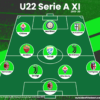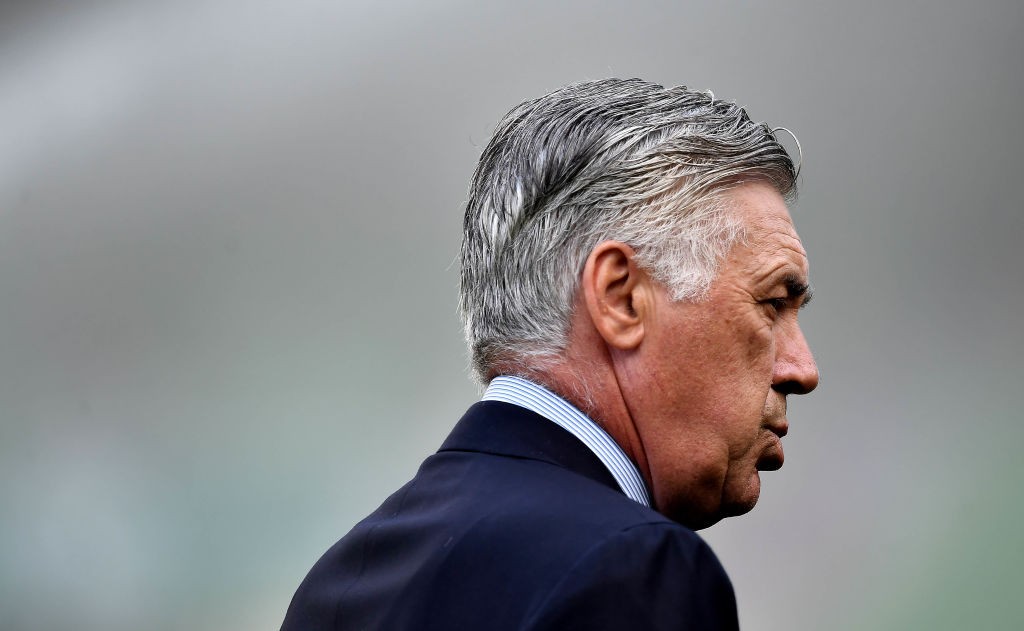John Smith writes a detailed scout report about Marko Pjaca, Juventus’ Croatian midfielder.
Who is Marko Pjaca?
Marko Pjaca was born and raised in the heart of Croatia in Zagreb on the 6th May 1995. With aspirations to become a professional footballer when he was older, the Croatian set off his journey to achieve this goal as he signed for hometown club Dinamo Zagreb in 2004. Unfortunately, little is known about Marko Pjaca’s first stint at his hometown club, but it was known that after being at the club for just over five years, he was transferred to a smaller club in Zagreb took by the name of NK ZET Zagreb.

Continuing to follow his goal of becoming a professional footballer, the winger’s time at his new club was short lived – only being a part of their youth system for just a year. In 2010, Pjaca set off on his first big journey as part of his professional career when he signed for Croatian side NK Lokomotiva. During his time at the club, Pjaca impressed more than enough people as a youth product of his new team to earn call ups to the U17 and U18 teams of the Croatian National Team. Whilst he was unsuccessful to play in any big tournament at his young age, Pjaca was lucky enough to earn twelve caps for the youth sides.
At the age of 17, it was finally time for the winger to set off on his journey to fulfill his dream of becoming a professional footballer. Working through all of the different developmental stages at the club, Pjaca was promoted to the first team in 2012. The youngster made his professional debut in the 2011/12 Croatian First Football League where he supplied an assist in a 3-0 victory against NK Zadar. In the two following seasons, the winger soon started to make sporadic, but impressive, appearances in the first team, securing 9 goals in 48 appearances across the two seasons. During his two impressive seasons, the winger continued to earn call ups to the Croatian National Team, appearing for the: U19, U20 and U21 sides.
After earning the attention from a variety of big clubs, Pjaca was re-signed by Dinamo Zagreb for an approximate fee in the region of £1 million. In his first season back at his former side, the winger enjoyed in what you could argue has been his best season as a footballer currently. In just under 50 appearances in total in all competitions, the Croatian played a pivotal part Zagreb’s double win (Prva HNL and the Croatian Football Cup), whilst adding 14 goals to his game too. Away from club football, Pjaca was also impressive enough across the season by earning a call up to senior Croatian National Team side.
In the season that followed, the winger was lucky enough to near enough replicate his exceptional season from the year prior. With Dinamo Zagreb winning the league title and the Croatian Football Cup for a consecutive second year, Pjaca continued to prove his worth to the Croatian side with 12 goals across 42 league appearances. Once the 2015/16 season concluded, the winger earned himself a spot in the preliminary 23-man team for Croatia in the European Champions, with many top clubs interested in signing him. Following an impressive EURO 2016 tournament, Pjaca was signed by Juventus for a reported £21 million.
What is his Style of Play?
The 21-year-old winger loves to play quick, passing football, typically favouring passing combinations rather than using his dribbling ability to beat a defender one-on-one. Pjaca has shown remnants of his outstanding passing ability, having the ability to pick out a pass with either foot. However, this still needs to be improved upon in order to be more effective at a consistent rate.

Juventus’ Croatian midfielder Marko Pjaca vies for the ball with Cagliari’s defender Luca Ceppitelli during the Italian Serie A football match between Juventus and Cagliari on September 21, 2016 at Juventus Stadium in Turin. / AFP / MARCO BERTORELLO
What are his Strengths?
Regarded as a prominent and talented youngster, one of Marko Pjaca’s biggest strengths is his overall versatility to play in a variety of positions in attack. Although he typically plays on the left wing, the Croatian can also switch flanks mid-game, or start a fixture on the right side of the field if necessary. On occasion, he can also be deployed as an attacking midfielder, or a second striker. When Pjaca plays on the left flank, he likes to cut inside to the middle of the pitch, allowing him to either shoot on sight or create a goal-scoring chances with his dominant right foot.
Just like your typical winger, the Croatian also possesses a variety of different attributes which allow him to flourish in his respective position. Taking into account his explosive pace, ability to change the direction of play or his dynamic dribbling ability, Pjaca has more than enough to pose a threat towards anyone who plays against him on the opposing right flank.
Taking the footballing philosophy of manager Massimiliano Allegri into account, Pjaca’s strengths allow for him to benefit from his manager’s style of play. For example, whenever Juventus have the possibility of counter attacking the opposition, the winger will always be able to play a part in the counter attack as he typically favours fast paced, controlling football.
What are his Weaknesses?
Whilst it’s evident that the Croatian has more than enough going for him to be credited as a technically gifted player, there is still a lot of work that will need to be done before he can be classified as a top player. As noted previously, one of the key areas that the winger needs to improve on would have to be his overall passing. Whilst credited for some of his passing ability, Pjaca needs to continue this at a more consistent fashion rather than give the ball away to the opposition more often.
So far this season, Pjaca has only kept a pass completion rate of 66.7% across the 5 substitute appearances he has made for Juventus. Whilst it’s unfair to discredit him as this has all come from less than 90 minutes of football, this still needs to be improved upon to prevent an opposition player gaining possession of the ball.
Despite the fact that Pjaca was a regular whilst playing for Dinamo Zagreb, another weakness for the winger is the fact that he still lacks experience when playing at the top level of football. Whilst this weakness will naturally overcome itself, it remains a problem currently for Pjaca as he has failed to make a starting appearance for Juventus thus far in either the Serie A or the Champions League.
Read all our other Scout Reports here.
- Scout Report: Ada Hegerberg | Norway and Lyon’s prolific forward - May 19, 2017
- Scout Report: Rodrigo Bentancur | Juventus’ new midfield maestro - May 14, 2017
- Alex Morgan: The Baby Horse Striving to be the Very Best - February 7, 2017


























































